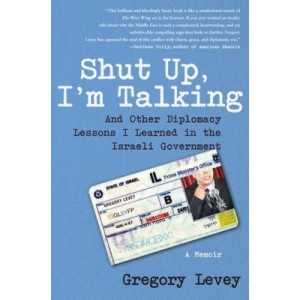Protecting Workers in a Federal System
 Paul Secunda has a new pair of working papers on SSRN, entitled “The Ironic Necessity for State Protection of Workers” and “More of Less: The Limits of Minimalism and Self-Regulation.” These are his opening and closing statements in a debate with Jeffrey Hirsch for PENNumbra. Paul takes the position that the federal government is doing a poor job of protecting American workers, noting a lack of capacity or will to engage in robust enforcement of statutes likes the National Labor Relations Act and the Occupational Safety and Health Act. As a result, he would like to see states play a more active role in workplace regulation.
Paul Secunda has a new pair of working papers on SSRN, entitled “The Ironic Necessity for State Protection of Workers” and “More of Less: The Limits of Minimalism and Self-Regulation.” These are his opening and closing statements in a debate with Jeffrey Hirsch for PENNumbra. Paul takes the position that the federal government is doing a poor job of protecting American workers, noting a lack of capacity or will to engage in robust enforcement of statutes likes the National Labor Relations Act and the Occupational Safety and Health Act. As a result, he would like to see states play a more active role in workplace regulation.
These short papers touch on an important, longstanding debate in federalism theory: whether each field of social regulation ought to be handled exclusively at a particular level of government (federal, state, or local), or whether shared responsibilities ought to be the norm. The exclusivity model was dominant through much of this nation’s history, but was almost entirely supplanted in the middle decades of the last century by a cooperative federalism model. As someone who worries a lot about transparency and accountability in government, I confess to some unease about the opaque, complex federal-state-local arrangements that now predominate in nearly every major field of public policy (environmental protection, crime, health care, education, housing, transportation, etc.). On the other hand, if the mechanisms of democratic accountability do not operate well, the exclusivity model can lend itself to agency capture, bureaucratic inertia, and regulatory stagnation–which is (I take it) how Paul would characterize the present state of federal labor and employment law.

